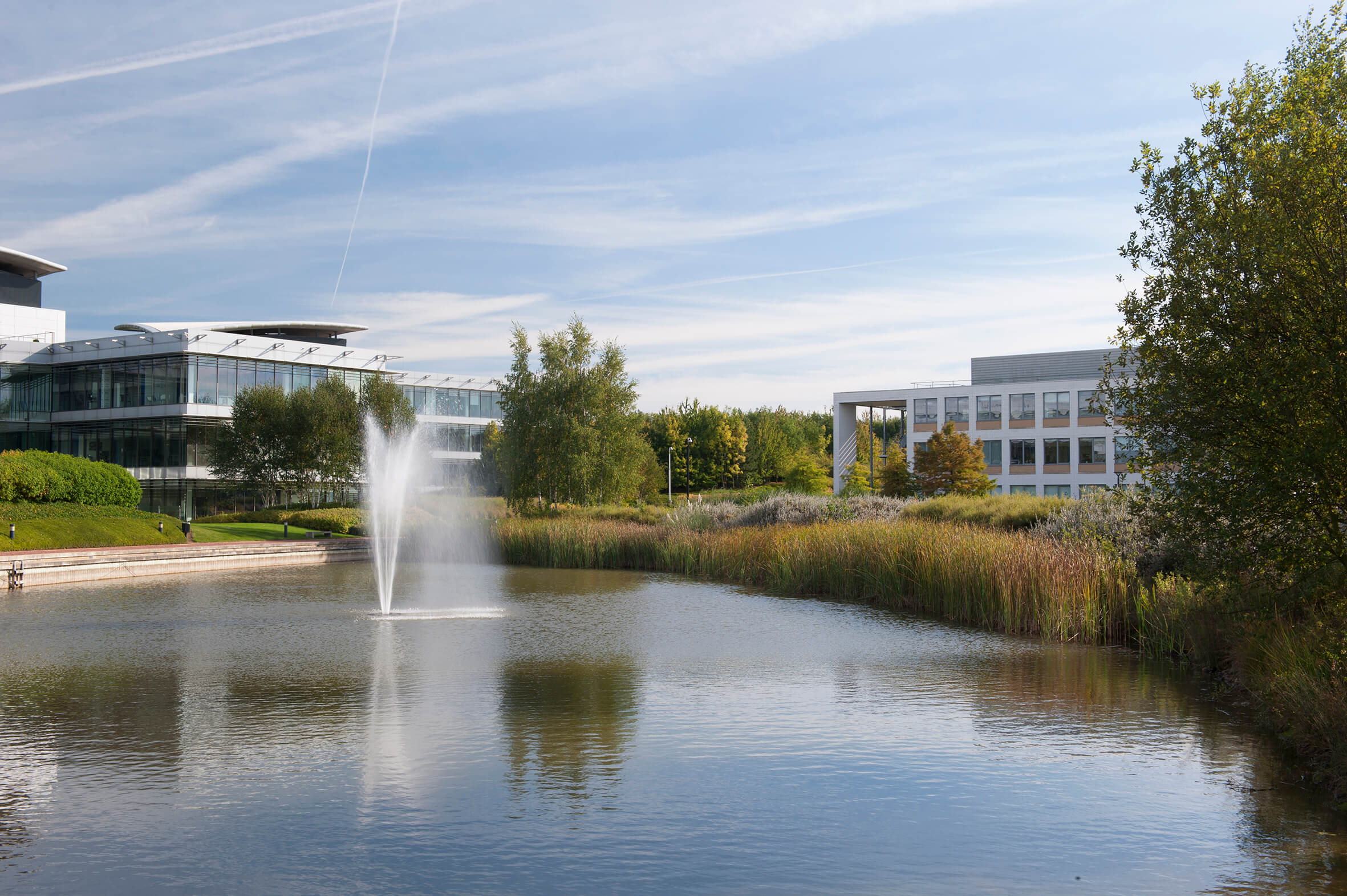Asia-Pacific Economic Cooperation
Critical minerals, policy, and the energy transition
Facilitating market development across APEC
The Asia-Pacific Economic Cooperation (APEC) is a regional economic forum established in 1989 to enhance the interdependence of the Asia-Pacific region. APEC's 21 member economies, including Australia, Canada, China, Japan, the United States, and others, collaborate to promote balanced, inclusive, sustainable, innovative, and secure growth, accelerating regional economic integration. APEC focuses on trade and economic issues, streamlining customs procedures, improving business climates, and aligning regulations to facilitate the movement of goods, services, investment, and people across borders. Initiatives to synchronize regulatory systems make exporting products with common standards easier. Committed to sustainable and inclusive growth, APEC provides digital skills training for rural communities, supports indigenous women in exporting their products, and promotes energy efficiency and sustainable management of forest and marine resources. APEC operates on consensus, with voluntary commitments and a combination of "bottom-up" and "top-down" approaches, developing strategic policy recommendations, implemented through APEC-funded projects enhancing member capacities in areas like electronic customs processing and regulatory reform. Supported by a permanent secretariat in Singapore, APEC adapts to new challenges, ensuring regional economic well-being and resilience against disasters, pandemics, and other threats.
APEC members in East Asia
APEC members in North America
APEC members in Oceania


Meet the Critical Minerals team
Trusted advice from a dedicated team of experts.

Henk de Hoop
Chief Executive Officer

Beresford Clarke
Managing Director: Technical & Research

Jamie Underwood
Principal Consultant

Ismet Soyocak
ESG & Critical Minerals Lead

Rj Coetzee
Senior Market Analyst: Battery Materials and Technologies

How can we help you?
SFA (Oxford) provides bespoke, independent intelligence on the strategic metal markets, specifically tailored to your needs. To find out more about what we can offer you, please contact us.



















